David A. Hall
(16 Oct 1795 - 24 Dec 1870)
| Chronology | Bibliography | |
 David Hall arrived in Washington about 1820 to study law with Elias Boudinot Caldwell (Range 51 Site 13), lawyer, clerk of the Supreme Court, ordained Presbyterian minister and one of the founders of the American Colonization Society. After passing the bar, Hall secured his future by agreeing to represent James Greenleaf (Range 49 Site 23), the largest owner of real estate in early Washington. Greenleaf said that he retained Hall because he was the only honest lawyer he knew. Hall adopted the views of his mentor (Caldwell) and for many years was an advocate of repatriating free blacks to Liberia. He was opposed to abolition because he believed that slave owners should be compensated, but he gained a reputation as being strongly anti-slavery. He was welcomed into a social group of some of the most prominent people in Washington society, many of whom were also anti-slavery. He was a close friend of Daniel Webster and William Seward, and corresponded with such anti-slavery notables as Gerrit Smith, Salmon P. Chase, Lewis Tappan and Charles Francis Adams (son of John Quincy Adams). His neighbors were Margaret and Gamaliel Bailey, editor of the National Era, who hosted regular gatherings of local anti-slavery men and women.  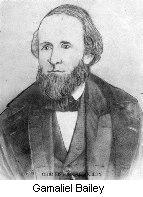 About the time of the failed escape, Hall was also representing William Jones, a black Virginian, falsely held as a runaway slave. Hall prepared a petition which Joshua Giddings presented to Congress as a challenge to a District of Columbia ordinance that allowed for free blacks falsely arrested as fugitive slaves to be sold into slavery if they could not pay their jail fees. Hall was negotiating in 1847 with slaveowner (Levi?) Pumphrey (Range 47 Site 203). One of Pumphrey's female slaves had escaped and friends were attempting to get Pumphrey to sell her children at a moderate price so that they could be purchased and returned to their mother. Pumphrey wanted "full price" for the children, and abolitionist Thomas Garrett wrote from Wilmington, Delaware, asking David to try again. The outcome of the negotiation is not known, but it is clear from this letter that Hall was in contact with active participants in the URR and using his skills as a lawyer to assist in freeing slaves. 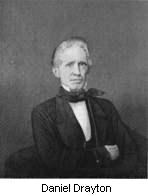 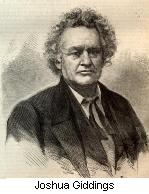 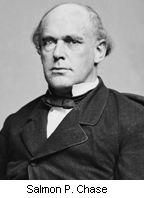 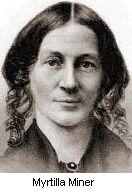 In November Hall negotiated with the owner of a slave, Harriet Scott, to provide time for her brother to raise money to purchase her freedom. Hall loaned the brother $200 towards the purchase price, and Chaplin and Limaeus Noble, both radical abolitionists, raised the remaining $300. In 1853 Hall provided legal representation to Myrtilla Miner, negotiating and preparing the deeds to purchase land for the Normal School for Colored Girls that she had founded in 1851. The final documented negotiation in which he was involved was the purchase of the Weems brothers in 1856. They were working in Alabama, but their owner was a resident of Washington. The cooperation of four men, Daniel Ratcliffe, David A. Hall, Gamaliel Bailey and Benjamin B. French (Range 64 Site 200) resulted in an agreement to provide the funding to purchase the brothers. Hall wrote the sale contract and in early 1857 the brothers arrived in Washington and were reunited with their parents. 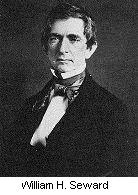 Douglass Zeverly, in a paper read before the Historical Society of D.C. in 1902 and based on correspondence with Hall's daughter, said of David Hall "He would never hold slaves with the idea of buying and selling them, but owned them for use as servants, so as to keep them from being sold away from their families, and then encouraged them to buy their freedom by crediting them with wages each month. &helip; But his treatment of them so won their devotion that when they found their freedom had been paid for, they would always entreat him earnestly to keep them as slaves. This he would never consent to do, however, but he assisted many of those who could do so to go to Canada with their families." Perhaps the greatest tribute to David A. Hall's work on behalf of African Americans is his daughter's recollection of his funeral. She wrote: "None of the gatherings in my old home, brilliant as many of them were, are so impressed upon my memory as the sight of the little group of weeping black men and women that gathered around my father's casket, and in sobbing tones spoke of his goodness to them in the old days of slavery, when he saved them from being sold and separated from kith and kin." | ||